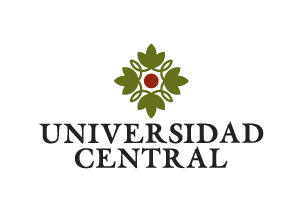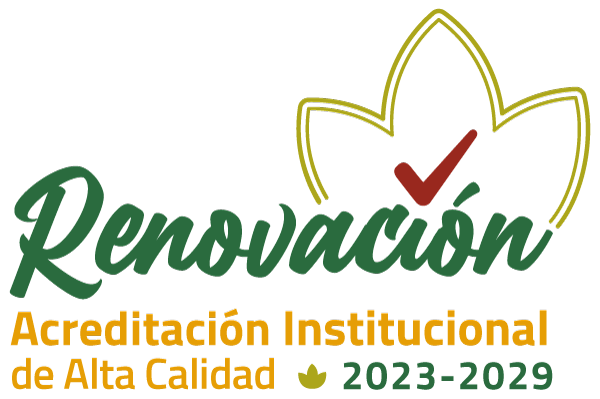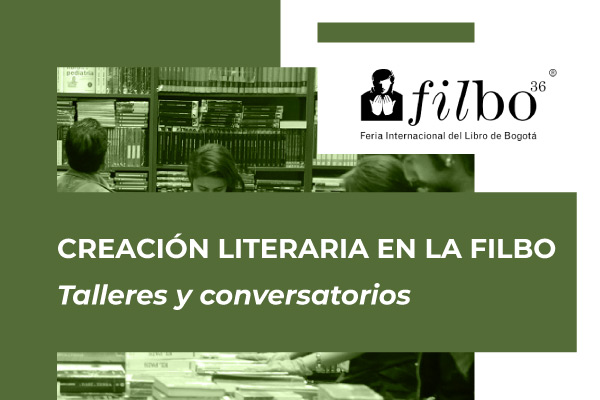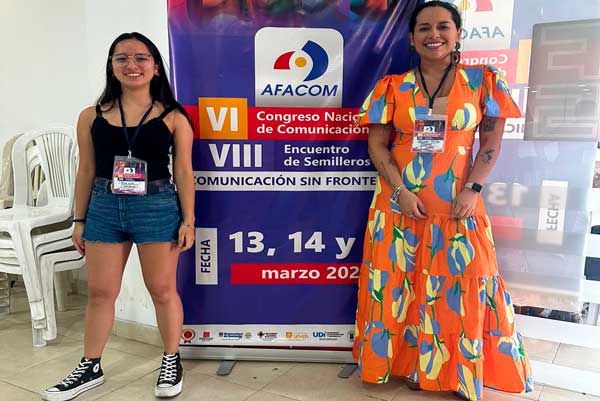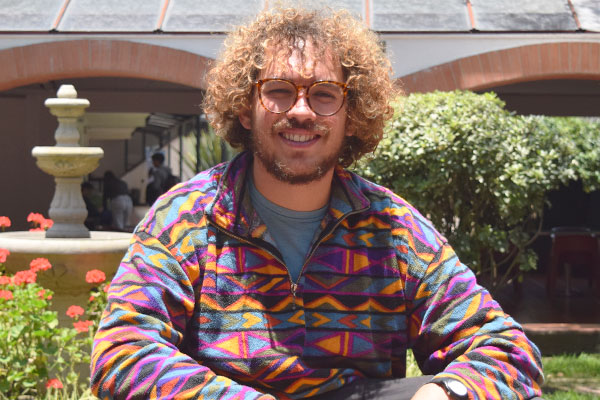Professor Carmen Neculita, from UQAT, conceded a talk in the Bionanotechnology seminar in which she talked about funding science and collaboration in sciences.
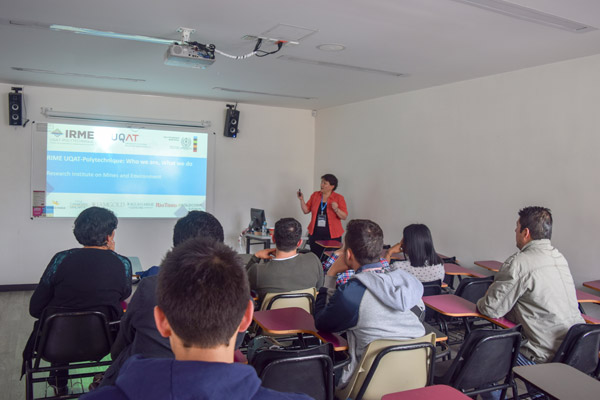
Last November 21st professor Carmen Neculita came to the Universidad Central to present RIME: Who we are, what we do, in the seminar of bionanotechnology organized by the Cluster of research. The Research Institute on Mines and Environment (RIME) in Université du Québec en Abitibi-Témiscamingue (UQAT–Polytechnique) aims to provide the mining industry with innovative efficient and economical methods to develop tools to better address technical challenges associated with mining ore deposits and mine site reclamation.
“Professor Carmen Neculita, works at a Research Institute in RIME which was created by different companies in order to overcome research needs. This institute develops both processes and technologies that companies need, thus creating a symbiosis between academy and industry”, says Yaneth Vásquez, Coordinator of the new master in Bioengineering and nanotechnology.
What is the purpose of your visit to Colombia?
Continuation of collaboration. We talked a lot yestarday and today about new collaboration’s projects and how continue with those that are in progress. We tried to identify what would be the next step. Everybody agrees that the next step is having money and discussed about funding. Actually today we had a meeting with a representative from Colciencias and other from a funding agency in Canada who told us they are asking for proposals for collaborative projects, so Colombian students can apply for an internship in Canada, even a Master’s or Ph.D. students, and Canadian students will be able to come to Colombia. I my case, I started working with Colombian research in 2012, first with Fabio Roldan from Universidad Javeriana, and we also had the opportunity to work with Yaneth Vásquez when she was a Ph.D. student. We continue our work with science: we published together, we managed to get some funding and we want to continue this collaboration.
Is it possible to do science even if we don't have enough money to do it? Do we have to support all our science with international collaboration or do you think we can run our own research?
I think the best way to start is with a good education, to have well prepared professors, so they will be able to do some international collaboration, also they will help to society to get involved, especially the industry.
In Canada a lot of money for research comes from the industry, so there are specific programs you cannot apply to if you do not have some contribution from the industry, you are not allowed to apply. Therefore, I financed a project this summer, half of the money, which was almost US$ 800.000, and half of the money is from management industry.
People contribute because they have specific needs, and science and engineering can help them finding an answer to those needs.
They have a specific objective and they give support: if they contribute to funding universities, I think there are some incentives economically speaking. Probably the State supports them in a way that, if they contribute, is like a donation, they pay fewer taxes, I guess. Society as a whole contributes to development, to research and development.
What do you think about the professor of Central University? we know that you have a contact with Yaneth Vásquez, but we want to know if you know another professor of Central University or if you want to start a new collaboration with another professor from here.
I completely trust Yaneth, she is not an only former student or active collaborator, she is a good friend so if you want to work with us, I am open to collaboration.
Collaboration is usually something very ambiguous, therefore, you should have indicators. For instance, if we write a paper this is a good collaboration. But 'collaboration' is a just a word, we have to do something, precisely if you have a good project. If you want to involve me and work as a team, I am open to collaboration.
About RIME
This ongoing research program is constantly evolving and it will be adapted to address complementary issues as part of the renewal process for a second phase starting in 2019, at the end of a first 7-year successful phase.
The creation of the RIME has led to the development and consolidation of a large team of researchers, whom are well recognized in their fields. RIME relies on a team of 18 professors and about 20 research professionals and technicians. Together, they contribute to the training of a large number of specialists, with more than 100 graduate students enrolled since 2013.

